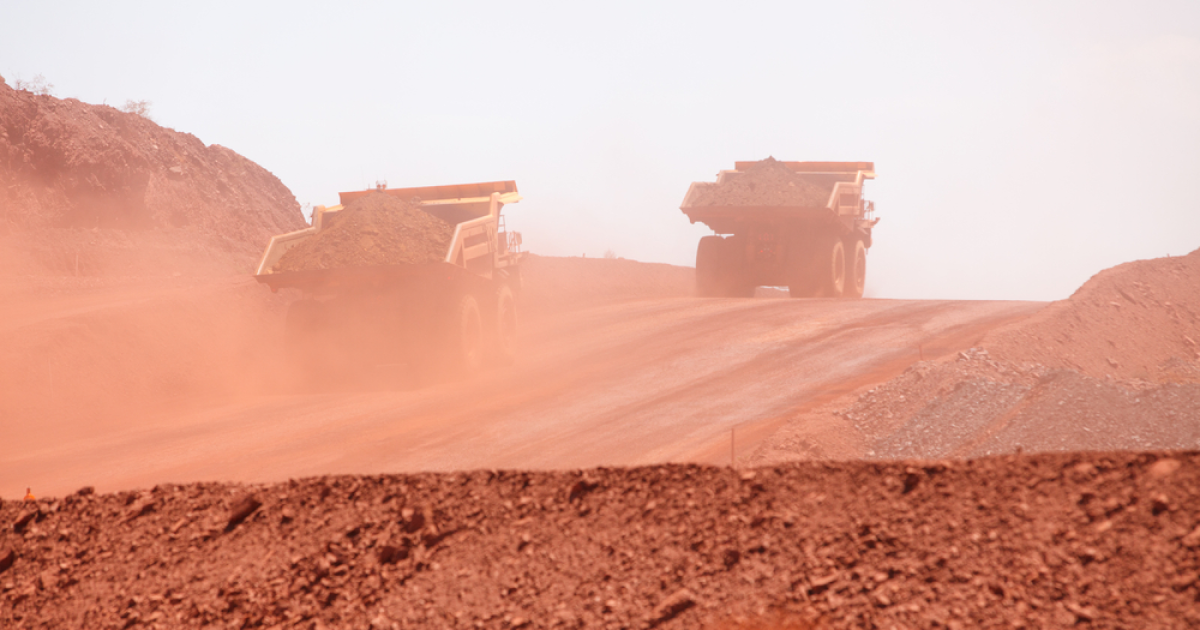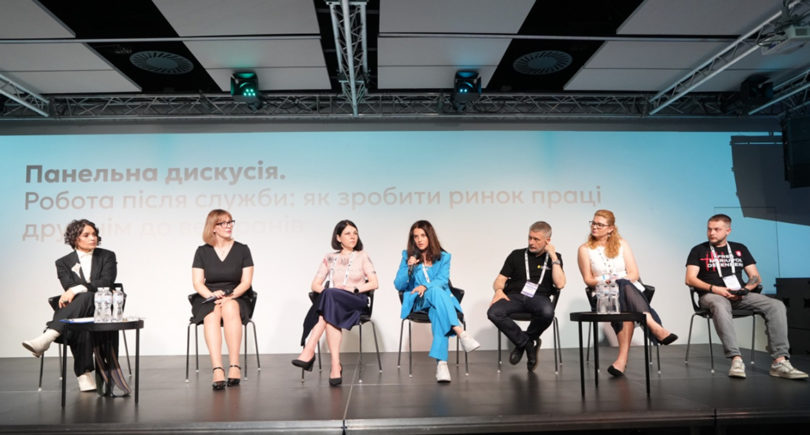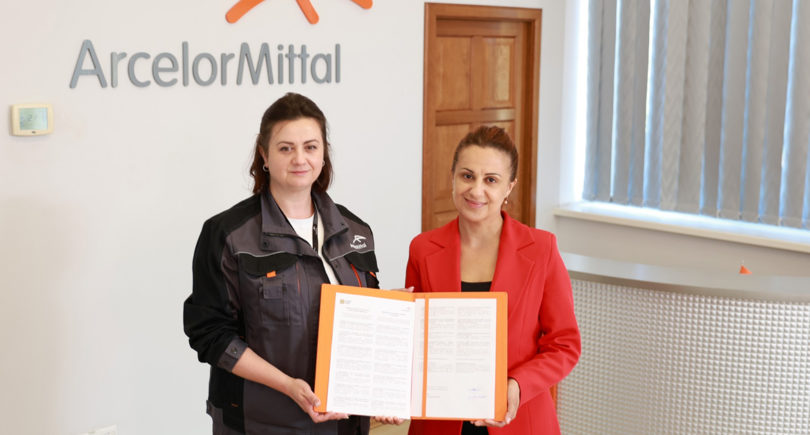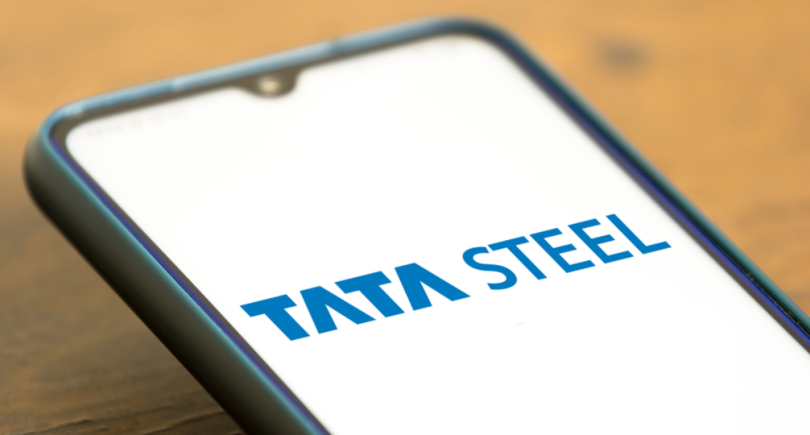
The start of commercial operation is expected in 2028
Australian mining giants BHP, Rio Tinto and steelmaker BlueScope Steel have selected the Kwinana Industrial Zone south of Perth as the site for a pilot low-carbon pig iron plant. The project, called NeoSmelt, promises to be Australia’s largest pilot plant using an electric smelter (ESF) and DRI (direct reduced iron) technology. This is stated in a joint statement by the companies.
The plant, designed to produce 30-40 thousand tons of liquid iron annually, will use natural gas at the initial stage and will eventually switch to low-carbon hydrogen to reduce greenhouse gas emissions. This is part of a global strategy to decarbonize the steel industry, which accounts for about 8% of global CO2 emissions.
According to Simon Trott, Rio Tinto’s executive director of iron ore production, the NeoSmelt project aims to develop new technologies to reduce the carbon footprint.
“We need to find better ways to smelt iron while meeting global climate challenges. The NeoSmelt plant is a real step towards low-carbon steelmaking, which is essential for the future of the industry,” he added.
The project has also received support from the Western Australian government, which has allocated A$75 million for its implementation. Western Australian Premier Roger Cook emphasized that NeoSmelt will help the region become a global leader in reducing emissions from steel production and create new jobs.
“This means our Pilbara ore will be processed here in Western Australia, providing new opportunities for local industry,” Cook said.
Woodside Energy, a leading energy player in Australia, will join NeoSmelt as an equal partner and energy supplier, which will be a key element in the implementation of clean technologies. The company plans to apply its expertise in the use of natural gas and hydrogen for steelmaking.
The project will be developed in stages: the feasibility study phase is scheduled for the second quarter of 2025, the final investment decision will be made in 2026, and the plant is expected to start commercial operation in 2028.
According to NeoSmelt participants, the project could be a key step in securing the future of the Australian iron ore industry and accelerating the transition to cleaner steel production. BHP and Rio Tinto, as the largest suppliers of iron ore from the Pilbara region, expect the successful operation of the plant to pave the way for scaling up the technology and help steelmakers around the world achieve carbon neutrality.
As GMK Center reported earlier, in 2023, global direct reduced iron production increased by 7.4% year-on-year to 135.51 million tonnes from 126.16 million tonnes in 2022. India accounted for more than 36% of the total DRI production – 49.33 million tons. Iran produced 33.45 mln tons of DRI, Egypt – 7.22 mln tons, Russia – 7.78 mln tons, Saudi Arabia – 6.82 mln tons.




